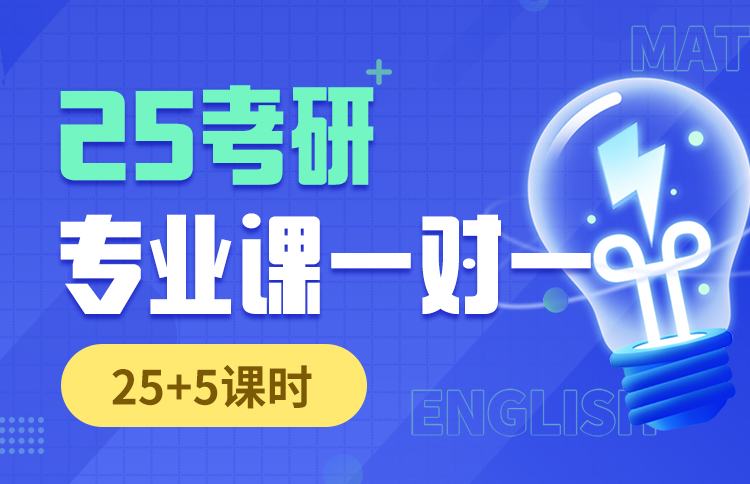Text 2
WHEN education fails to keep pace with technology, the result is inequality. Without the skills to stay useful as innovations arrive, workers suffer—and if enough of them fall behind, society starts to fall apart. That fundamental insight seized reformers in the Industrial Revolution, ushering in state-funded universal schooling. The combination of education and innovation, spread over decades, led to a remarkable flowering of prosperity.
Today robotics and artificial intelligence call for another education revolution. This time, however, working lives are so lengthy and so fast-changing that simply cramming more schooling in at the start is not enough. People must also be able to acquire new skills throughout their careers. If 21st-century economies are not to create a massive underclass, policymakers urgently need to work out how to help all their citizens learn while they earn.
The classic model of education—a burst at the start and top-ups through company training—is breaking down. Pushing people into ever-higher levels of formal education at the start of their lives is not the way to cope. Just 16% of Americans think that a four-year college degree prepares students very well for a good job. One reason is the need for new, and constantly updated skills. Manufacturing increasingly calls for brain work rather than metal-bashing. The single, stable career has gone the way of the Rolodex.
The market is innovating to enable workers to learn and earn in new ways. Massive open online courses (MOOCs) have veered away from lectures on Plato or black holes in favor of courses that make their students more employable. By offering degrees online, universities are making it easier for professionals to burnish their skills. Education is a public good whose benefits spill over to all of society, so governments have a vital role to play—not just by spending more, but also by spending wisely.
Not everyone will successfully navigate the shifting jobs market. But to keep the numbers of those left behind to a minimum, all adults must have access to flexible, affordable training. The 19th and 20th centuries saw stunning advances in education. That should be the scale of the ambition today.
27. “cramming more schooling in” (Line 2, Para. 2) most probably means .

















 预约成功!
预约成功!
















